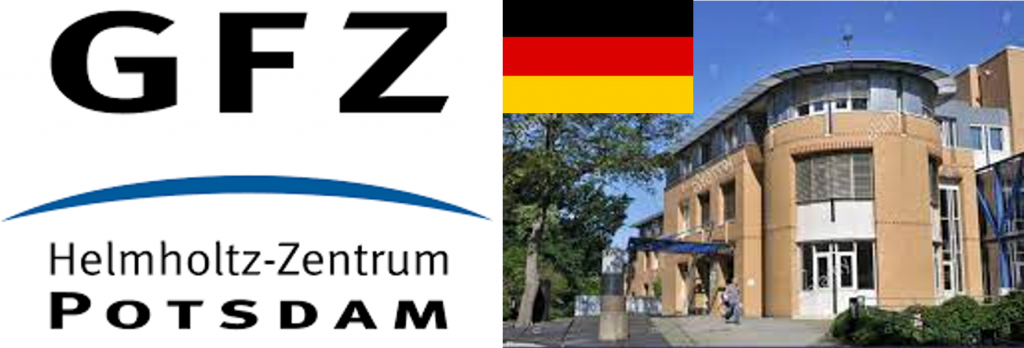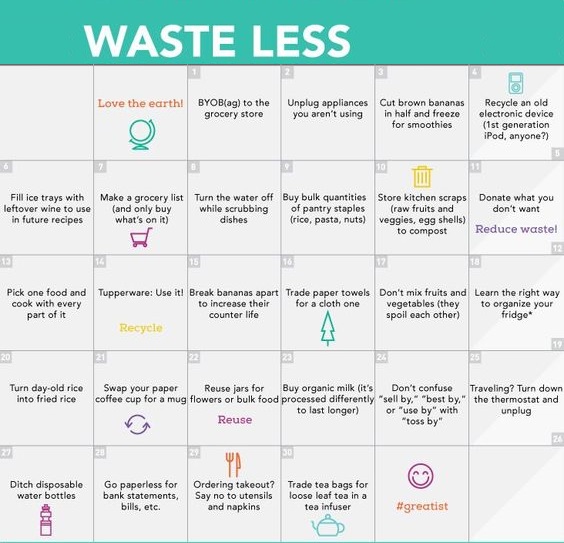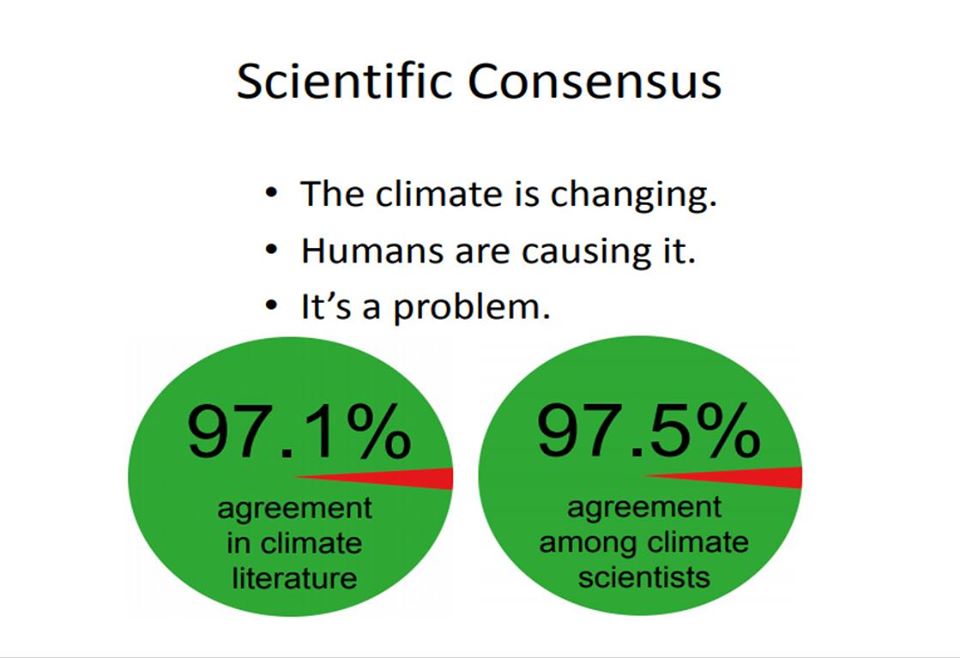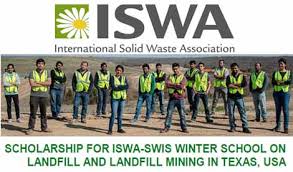New position as Research Associate (PostDoc) in Environmental Mineralogy at the German Research Centre for Geosciences (Deutsches GeoForschungsZentrum/GFZ) in Potsdam, Germany.
The ideal candidate a highly motivated and enthusiastic mineralogist who wants to develop her/his/their skills in a highly interdisciplinary work environment in order to obtain a holistic understanding of mineral-microbe-fluid-interactions in Earth Surface processes.
The successful candidate will contribute their specialist mineralogical skills in diffraction, scattering and spectroscopy to two main aspects related to low temperature (< 100 °C) mineral reactions:
(a) as part of the ERC Synergy grant “Deep Purple”, she/he/they will evaluate the variations in mineralogical composition of dust (and their interactions with black carbon and microbes) from surface snow and ice samples and determine the contribution of mineral dust to the darkening of the Greenland Ice Sheet.
(b) as part of the Interface Geochemistry section, she/he/they will help to elucidate nucleation, growth and transformation of amorphous and crystalline phases.

She/he/they will join an international and diverse team of researchers led by Liane G. Benning, who is very committed to fostering a fully inclusive research environment. Non-discrimination and equal treatment are integral parts of the group policy.
For further information, please visit http://eurominunion.org/?page_id=1431.


